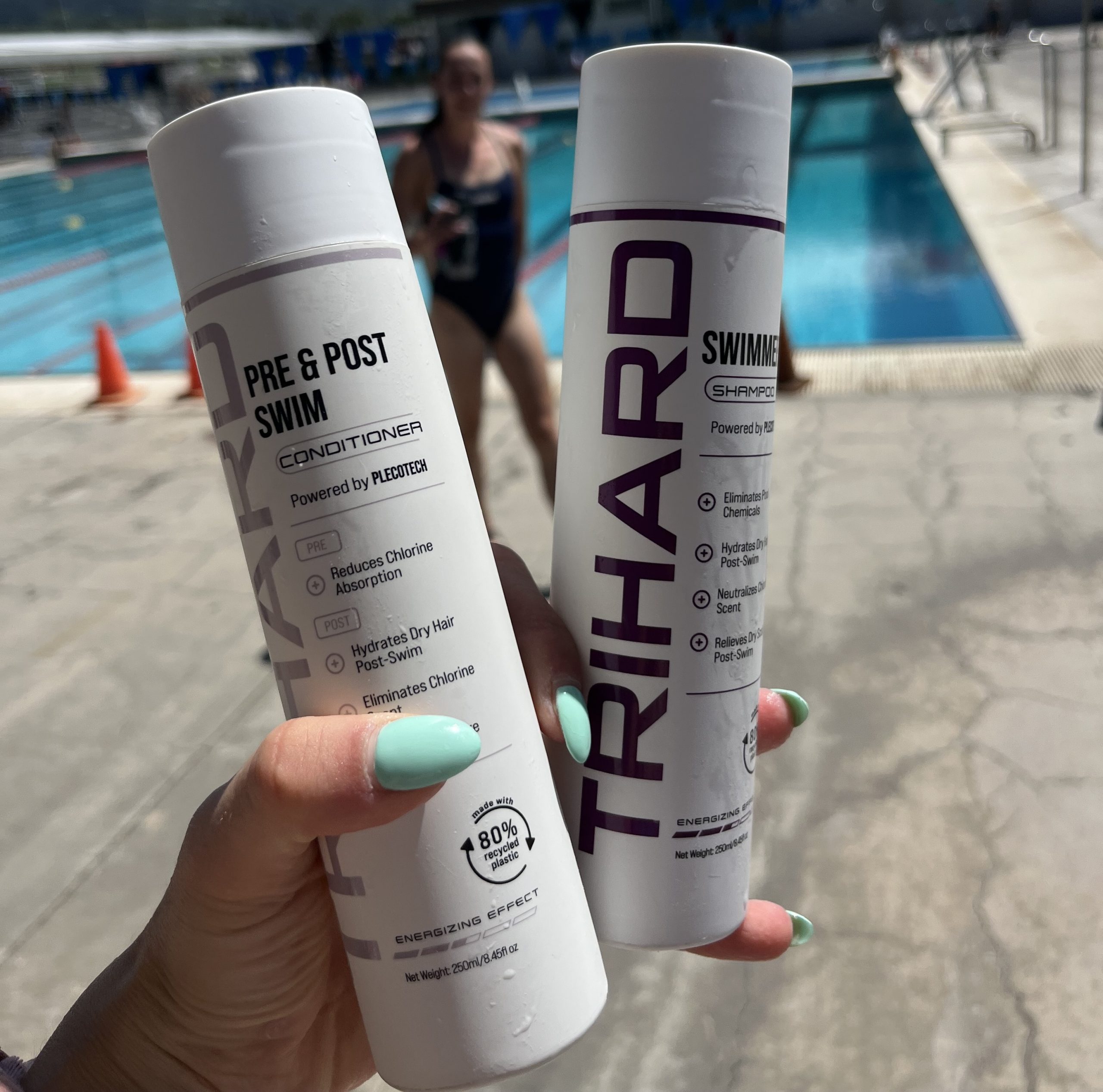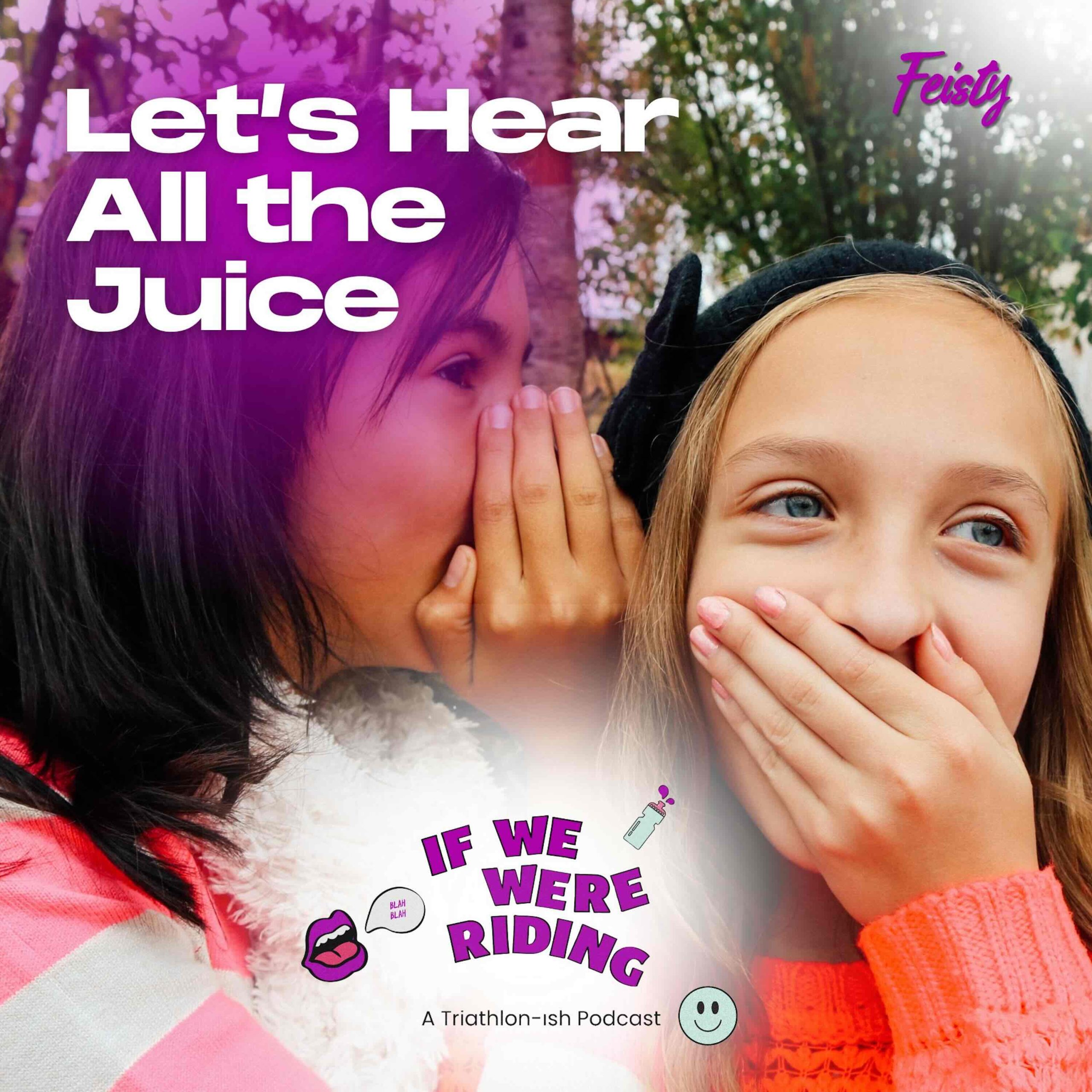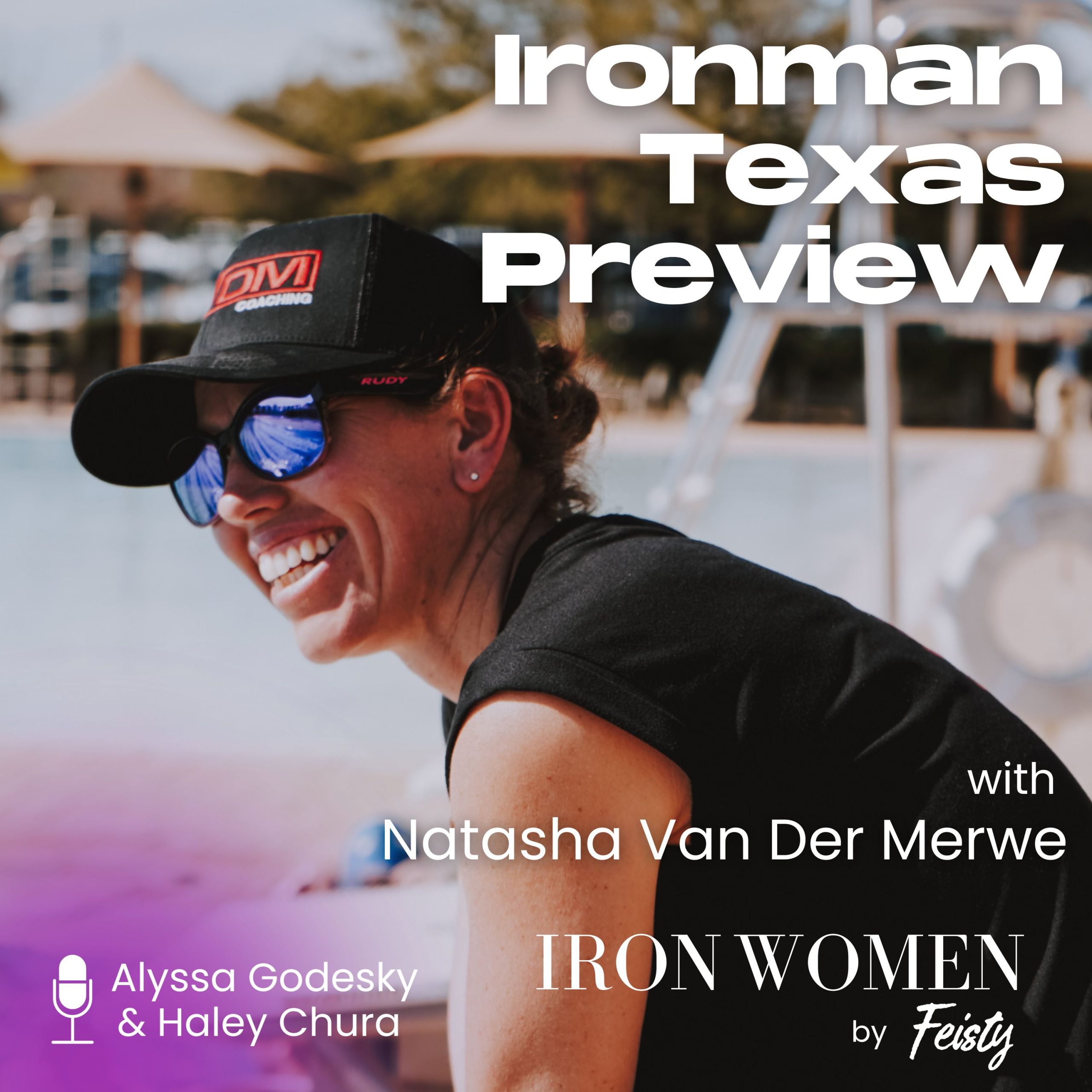February 6, 2019
Newsletter ep. 73: why do races fail, pro v. elite & dubai 70.3
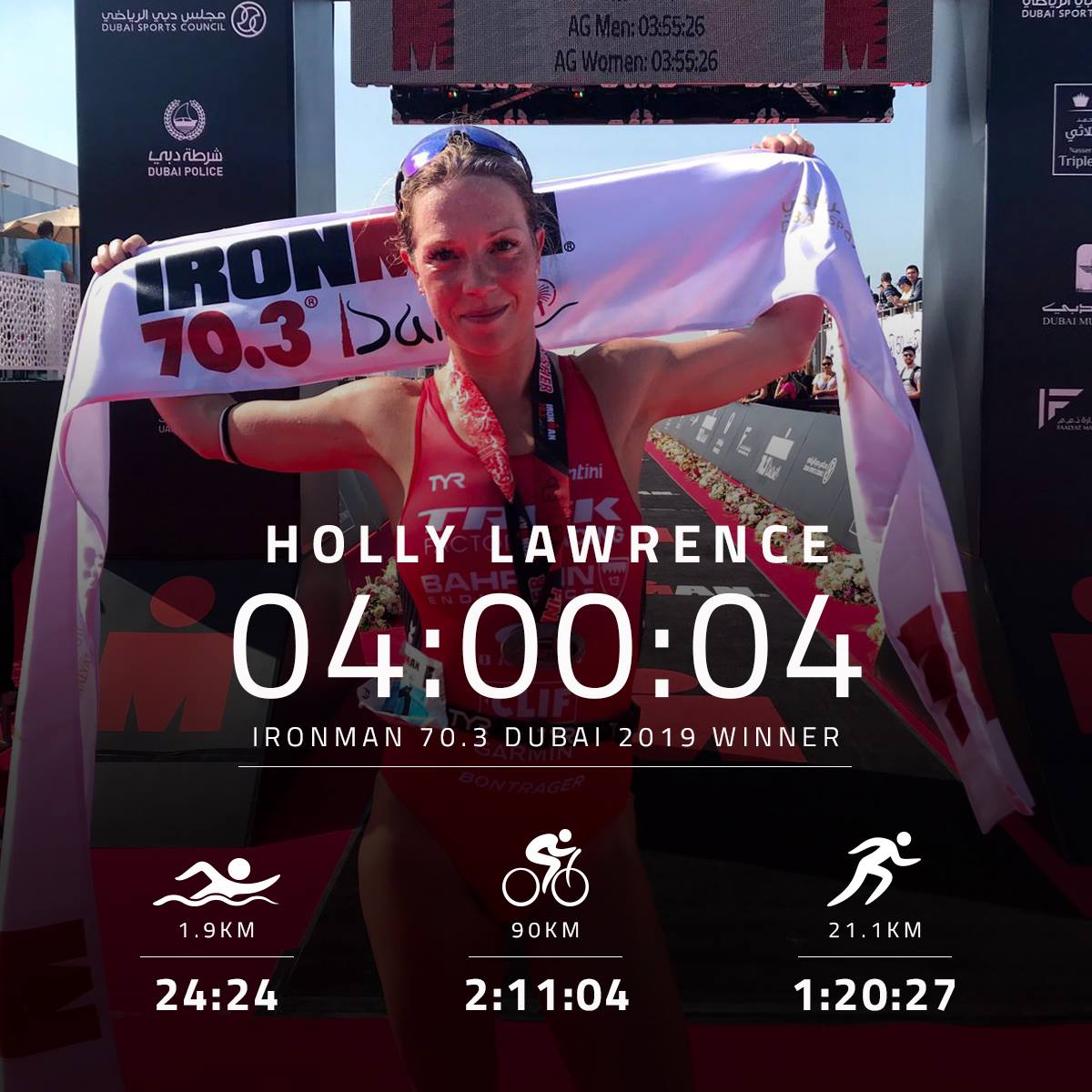
If We Were Riding’ is a weekly triathlon-ish newsletter written by Kelly O’Mara and produced by Live Feisty Media. Subscribe to get it in your inbox every Wednesday morning. You can also read past issues. This episode is from Feb. 6, 2019.
__________________
I don’t have a long intro this week other than to note my kick-off race of the year apparently got canceled (at least according to my friends who speak Spanish). So if anyone has ideas for a tune-up before Peru 70.3 and Wildflower, let me know. Other than that, lots of topics to talk about…if we were riding.
Where are all the women at Dubai?
Arguably the season kicked off for real this weekend with Dubai 70.3, which Holly Lawrence won again—proving she’s back for real from the whole crazy thing where she ran herself into a broken foot last year. Adam Bowden took the men’s race. And the perennial question of why more women don’t race Dubai came up again.
It’s a pretty common question that comes up once or twice each year: Why aren’t there more pro women at Dubai or Bahrain or some other race far from North America and Europe? Though, honestly, as far as I can tell there were nine women who started Dubai this weekend, which isn’t the smallest field I’ve ever been in, and there were seven in Bahrain in December.
This comes up a lot because people always point to tiny pro women’s fields with confusion and, at worst, as some sort of proof of lack of competitiveness. Sara and I have talked before on the podcast about this whole question of if fewer women = easier. (Hint: No.)
There are a lot of factors, though, that go into why some races have huge fields and others don’t. Prize money potential and qualification spots, sure, but those things are weighed against the cost of flights and hotels. You don’t know what sort of arrangements are being made behind the scenes. The majority of female pros registered with Ironman are also based in North America (with the next most in Europe), so it’s just a numbers game that stacks the North American fields. There’s timing too. Because of where most of them are based and how they structure their seasons, most athletes weren’t looking for a race right now. They’re just coming out of off-season. And, of course, I think you have to factor in perception. Why do you do a race, any race? Because you heard good things, because it sounds like it’ll be cool, because it fits with your schedule and logistics, because your friends are doing it. I think it’s hard to ignore that for female pros, who typically travel solo, the Middle East has a perception problem as a place to hang out for a week by yourself.
I don’t think there’s just one answer—sorry—to the question of why the women’s fields are always tiny at certain races.
Why do races fail?
Also a super multi-factored question: Why do races fail? I listened to this race director at the TBI conference talk about how his races have grown and why they succeed. So I was interested when I came across a thing he’d written about why races fail. He says (to sum up): You need to be local, on-the-ground, an athlete who understands athletes, and someone who lives and breathes triathlon.
I think those things are probably true. I think there are probably also other reasons races fail. Sometimes a race director simply can not fight market forces or larger competitors using predatory tactics. People do races because of timing and logistics, because of friends, because they hear good things and get a good vibe, because of lots of intangible things that make up a race.
Pro v. elite
On Friday’s podcast we talked about Sarah True’s tweet on the difference between elite and pro athletes. The tweet gained enough attention she followed up with some thoughts about marketing yourself as an athlete and offering value.
I don’t know that agree linguistically on pro v. elite, but I do get her point about making a living in the sport (and treating it as a job) v. just being pretty good at a side hustle. I, personally, go back and forth about which part of my life is my side hustle and increasingly come to the conclusion it’s all wrapped up together. And I think that’s actually the norm in triathlon. We’ve said it in passing but I don’t think a lot of casual fans realize: The money has dried up; even big names are struggling to pay bills; the sponsorship landscape is not what you think it is.
______________
- The USATF Cross Country Championships were, evidently, epic this past weekend too—with a crazy intense women’s race Shelby Houlihan ran away with in the last half-mile. I sorta love XC; it’s everything I love about racing. Bring back more XC!
- Why are there so many fast female runners right now? Well, a lot of reasons and also a few more.
- In her last race ever, Lindsey Vonn crashed but was determined to make it down the hill on her own two feet/skis.
- Will Lucy Charles be the next triathlete with a Youtube channel?
- This study says “extreme exercise” is totally fine for your health. As long as you define “extreme exercise” as “at least five to six hours per week at a pace of 10 minutes per mile.” 😂😂😂
- Julie Moss is going on a book tour. Come to her San Francisco event.
- Western States implemented a policy on transgender athletes (which may be the first of its kind in the ultra world). Honestly, I think everyone’s policy and every question anyone has should first come down to this statement: “A runner’s self-declared gender at registration will be accepted at face value.”
- I know everyone is sharing the story about the driver who video-taped himself as he harassed cyclists who turned out to be cops! Except did you read the part where people GoFundMe’d money for his legal defense because, yo, cyclists suck.
- Speaking of cycling controversies on Twitter, I went down a hole trying to understand what was going on with the Belgian Quick Step rider who was a little harass-y to a local waitress, then got kicked out of the race, then got a whole bunch of backlash from cyclists who were all ‘it was just a little harass-y.’ Like, hey, cycling, just get your shit together.
- There were a couple of surveys this week that revealed hella discrimination in the outdoors industry and people were shocked, shocked! There was also a well-intended, but sorta not super well-thought-out diversity pledge. So that all happened.
- And John Legend announced he’s going to learn how to swim.
- And here’s something I’ve been wondering for awhile: Is it mostly white parents fleeing football?
- Have you ever stopped to consider the mundane (yet beautiful) spots you run/bike/swim at everyday? “Pay attention. Be astonished. Tell about it.” (Bonus points for anyone who can identify that popular poem.)
- During the government shutdown, seals tore down a fence and took back a beach near where I live. And I am all for it.
- Do not accidentally swallow a toothpick.
___________________
Comments & thoughts
Some thoughts, emails, messages and notes from listeners and readers this week.
– After the whole discussion about who owns Ironman, it was pointed out to me that the World Triathlon Corporation owns a number of trademarks and intellectual property. You can just search it in the trademark database…
– Jeremy also pointed out maybe trying to copyright “Ironman” in the first place was “akin to trying to tradmark marathon or triathlon. The name is/was synonymous with the distance and was being used by other entities outside of that specific race.” Which is fair.
– Hillary thinks the Wall Street Journal is “always like five years too late? But…have they heard of Flo Jo? Women’s track and field has been filled with makeup for decades and no one cares.” Also fair.


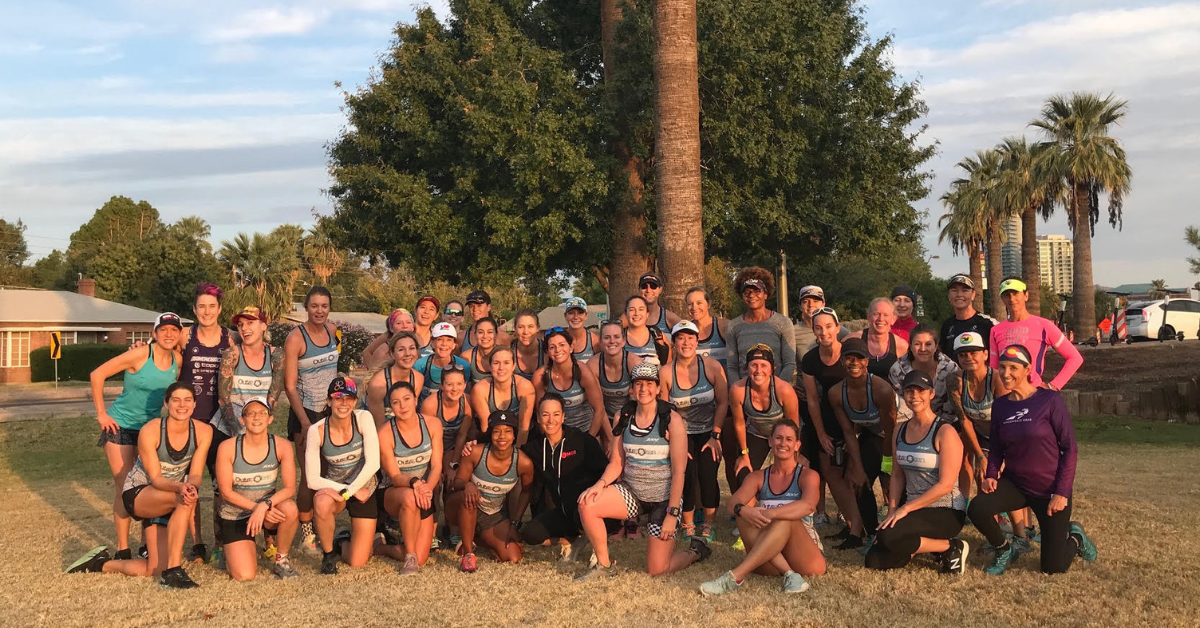 Outspoken Women in Triathlon Summit Returns Bigger than Ever
Outspoken Women in Triathlon Summit Returns Bigger than Ever  Driving the Lamborghini: Productivity and the Power of Paper
Driving the Lamborghini: Productivity and the Power of Paper 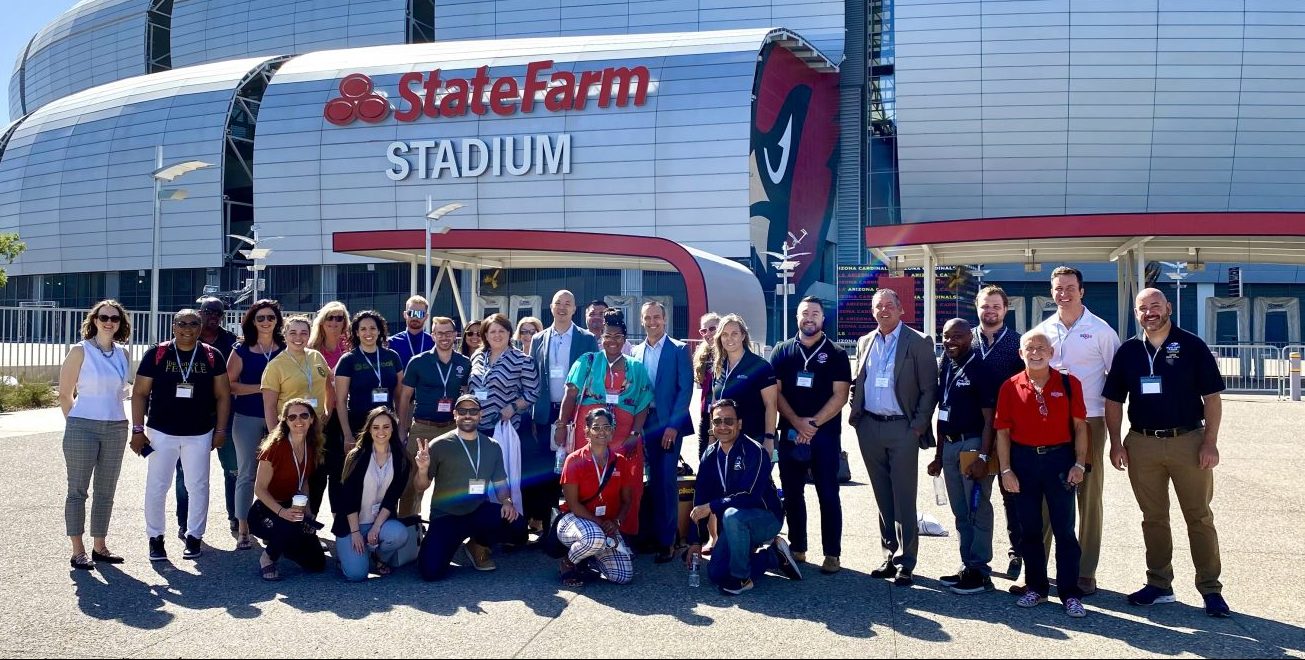 5 take aways from the Compete Sports Diversity Summit
5 take aways from the Compete Sports Diversity Summit 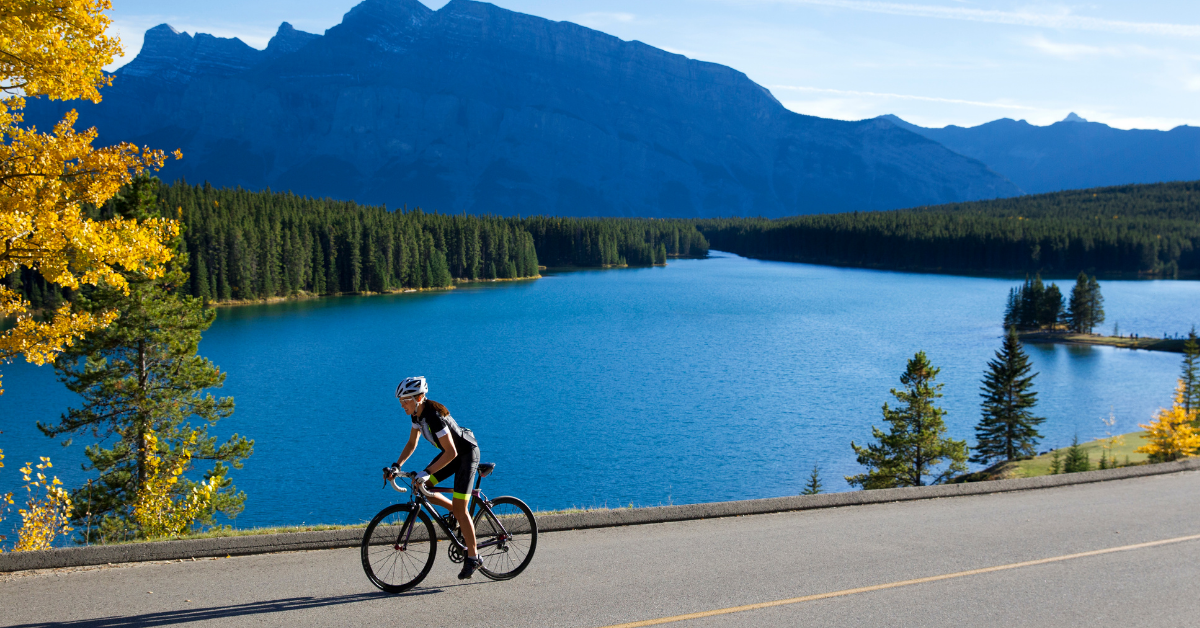 Simple Tips to Hone Your Bike Handling Skills
Simple Tips to Hone Your Bike Handling Skills 
